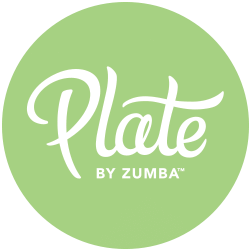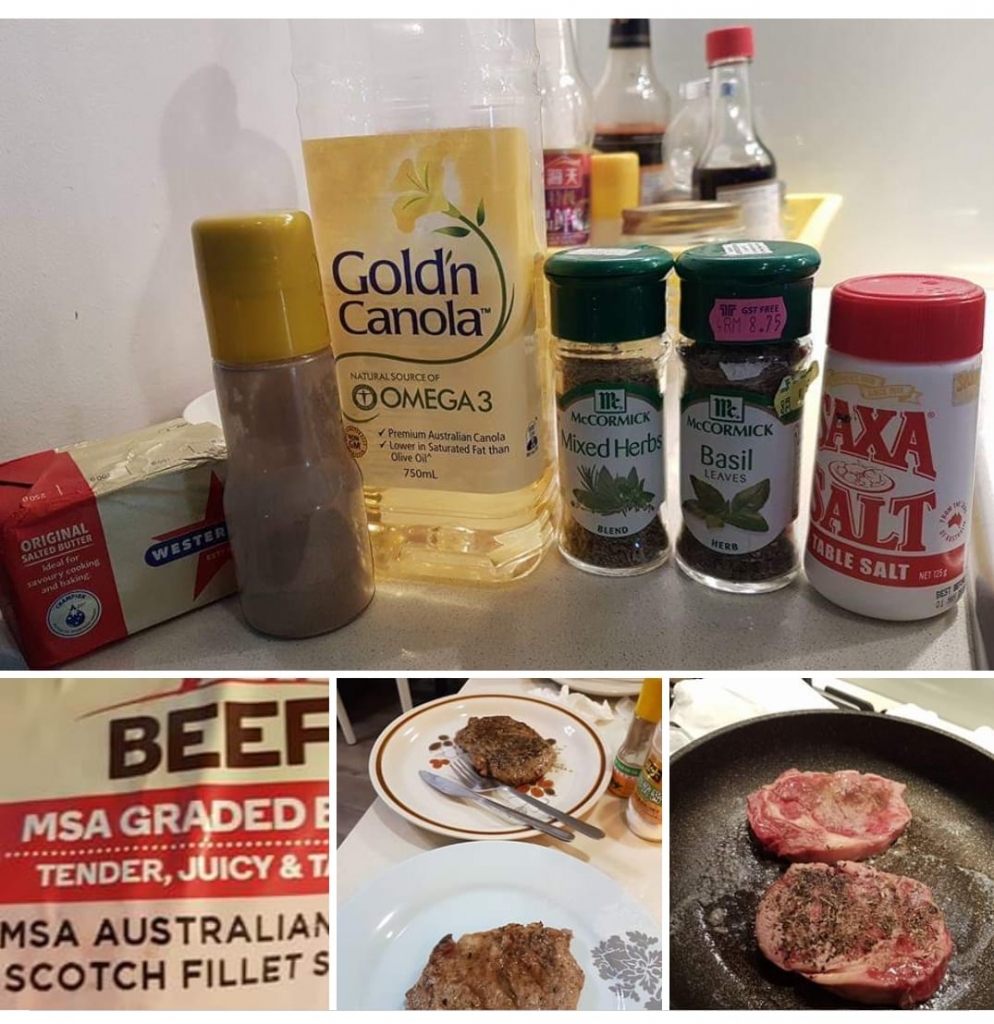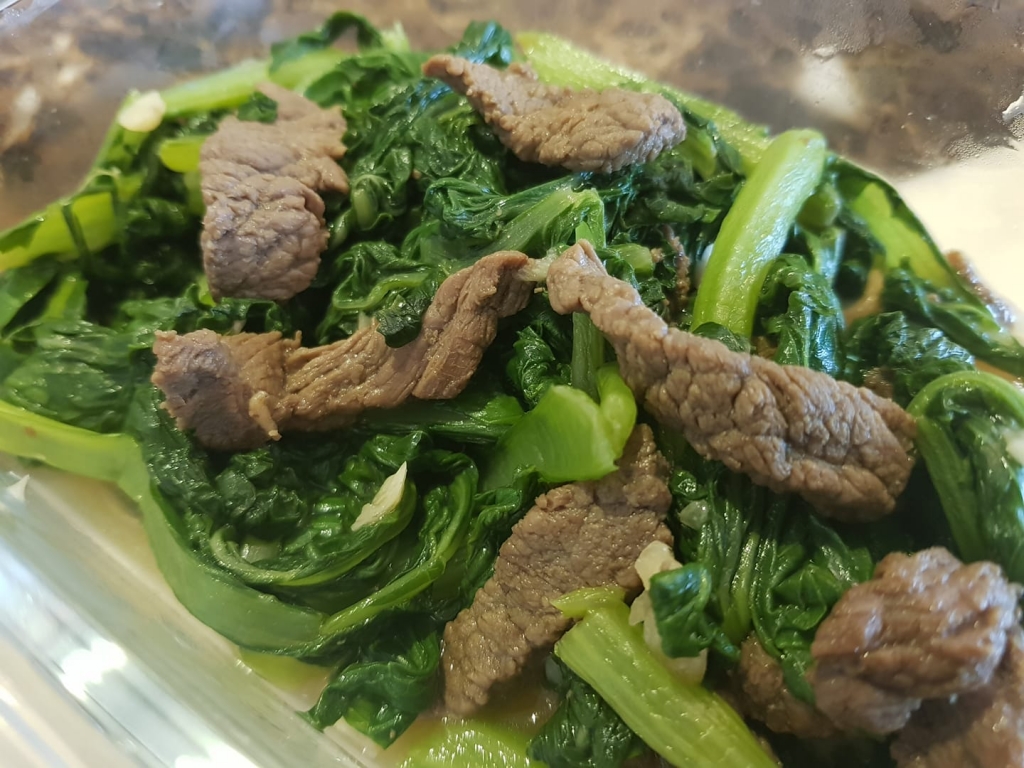Red meat is high in protein, is a complete protein (meaning that it contains all twenty amino acids)
Red meat is an excellent source of minerals and vitamins, including iron, zinc, selenium, copper, potassium, phosphorus, magnesium, manganese, calcium, all the B vitamins (especially B12), and the fat-soluble vitamins A, D, E, and K.
Although red meat has been vilified as a source of saturated fat, you now know that eating fat is important, especially the vitamin-rich fat from quality animal sources, which means that red meat is back on the menu!
Source: Sarah Ballantyne, PhD. The Paleo Approach, Reverse Autoimmune Disease and Heal Your Body. Victoria Belt Publishing Inc, 2013. New York Times Bestseller.
Nutrition Facts
Amount Per 1 Steak (291g)
| Calories 847 |
| % Daily Value* | |
| Total Fat 63 g | 96% |
| Saturated fat 28 g | 140% |
| Polyunsaturated fat 3 g | |
| Monounsaturated fat 31 g | |
| Trans fat regulation 4.3 g | |
| Cholesterol 232.8 mg | 77% |
| Sodium 157.1 mg | 6% |
| Potassium 756.6 mg | 21% |
| Total Carbohydrate 0 g | 0% |
| Dietary fiber 0 g | 0% |
| Sugar 0 g | |
| Protein 69 g | 138% |
| Vitamin A | 1% | Vitamin C | 0% |
| Calcium | 3% | Iron | 36% |
| Vitamin D | 5% | Vitamin B-6 | 70% |
| Cobalamin | 101% | Magnesium | 16% |
| *Per cent Daily Values are based on a 2,000 calorie diet. Your daily values may be higher or lower depending on your calorie needs.
Source: Google |
Red Meat – Moderately Healthy
- Downsize meat consumption
- High quality over quantity
- Lean, sustainably raised meat
- 1-2 times per week (4-6oz. per serving)
Source:











